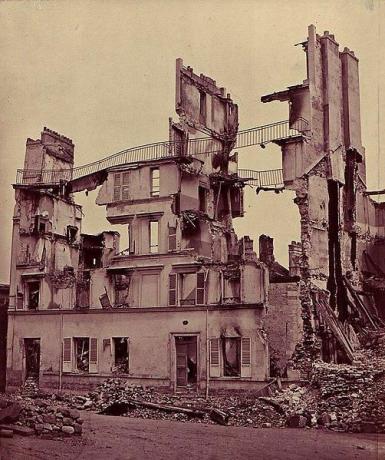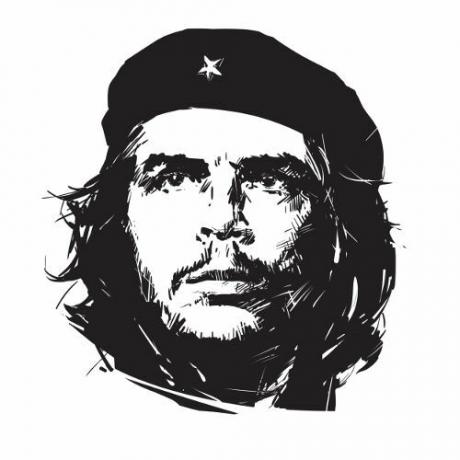Before rising to the rank of dictator, Sulla was a member of a poor patrician family who had a way of achieving a slightly better life in his military career. Fighting on the Roman military fronts, he achieved the privilege of being one of General Mario's direct subordinates. In the war against Jugurtha, in North Africa, he played a fundamental role in ensuring the Roman victory and, for this reason, he ended up on African soil, assuming the post of Quaestor.
After this first conquest, Sulla increased his military and political prestige when he assumed a new decisive role in the so-called Social Wars (91 – 88 a. Ç.). In this conflict, established by the revolt of allied peoples, he imposed himself against the violence of the Latin peoples who wished to enjoy the same political rights experienced by those born in Rome. Despite the victory, the Romans were eventually forced to offer the same rights to the people who helped them in wars.
After the upheavals of the Social War, Sulla had the support of the patricians to occupy the position of consul, in 88 BC. Ç.. Soon after this conquest, Sulla was responsible for organizing a military campaign in Asia, fighting against the Kingdom of Pontus. In the meantime, General Mário tried to diminish the powers of his former subordinate by establishing the annulment of his political rights. Hearing of the maneuver, Sulla immediately headed with his troops towards Rome.
Do not stop now... There's more after the advertising ;)
In this first foray, Mário ended up seeking refuge in Africa. Sulla, in turn, placed several friends and collaborators to occupy the most important political positions. Later, as soon as Sulla returned to the fighting in Asia, Mario returned to assert himself politically in Rome by carrying out a terrible purge in the Senate and getting himself elected as consul. The conquest of General Mário ended up lasting a short time, given the occurrence of his death in 86 BC. Ç..
After defeating his enemies in Asian lands, Sulla returned to Rome, regained his political position and defeated his enemies who were in power. He carried out a cleanup that included a list of outlaws who could no longer enjoy any kind of political right. In this way, he came to rule Rome as a dictator, exposing the fragility of republican institutions by expanding the power and influence of the generals.
By Rainer Sousa
Master in History
Brazil School Team
Ancient Rome - Old age
General history - Brazil School
Would you like to reference this text in a school or academic work? Look:
SOUSA, Rainer Gonçalves. "Mario vs. Sila: the struggle for power in Rome"; Brazil School. Available in: https://brasilescola.uol.com.br/historiag/mario-x-sila-disputa-pelo-poder-roma.htm. Accessed on June 27, 2021.


